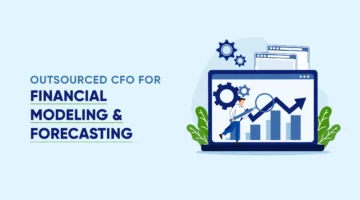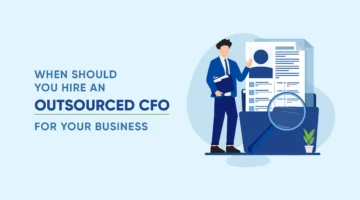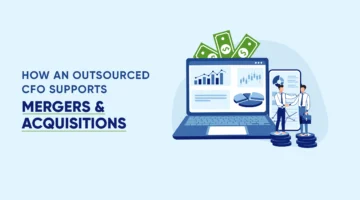The 2021 Guide to Inventory Management
What is Inventory Management?
Inventory management is the foundation of a well-functioning retail business. It tracks the lifecycle of inventory and stock as it enters and leaves your business and refers to the process of ordering, storing, using, and selling a company’s inventory. It is the essential systems that organizes the way inventory moves through the supply chain.
The main goal of inventory management is to know where the inventory is at and how much of it is left in order to manage the levels correctly. In fact, 43% of retailers ranked inventory management as their number one day-to-day challenge.
Why Is Inventory Management Important?
There are many reasons why inventory management is important. With the proper inventory management processes in place, companies can rest assured knowing that the inventory is moving without missing any crucial sales or running into incomplete orders. This will ultimately leave you with unhappy clients. Inventory management will also reduce costs by making up for incurring any excess inventory and unnecessary costs to affect the bottom line negatively.
When businesses don’t have a handle on the activity of their inventory or track it with outdated spreadsheets and data entry, things like order fulfilment do not fall into place. The bottom line is that inventory management is critical to the success of all companies, no matter what size or industry they are in.
Inventory Management Techniques
There are many different inventory management techniques. These techniques will help you count your stock and ensure you do not run out of product. Some techniques may be a better fit depending on the size of the company and industry you are in, as well as the product you are selling.
- ABC analysis: This technique splits subjects into three different categories to identify items that have a heavy impact on inventory cost. Those categories are:
Category A: These are the most valuable products that contribute the most to profits.
Category B: These products fall in the middle of the most and the least valuable.
Category C: This category is for small transactions that contribute a lot to the overall profit but do not mean much to the company.
- Just in Time (JIT): This technique arranges raw material orders from suppliers in direct connection with production schedules. This technique can greatly reduce inventory costs because companies receive the inventory on an as-needed basis versus ordering too much of it and risk dead stock. Dead stock is inventory that was never sold or used before being removed from sale status.
- Economic Order Quantity (EOQ): Economic order quantity is used at the term for the ideal quantity a company should purchase to minimize its inventory costs, like shortage and carrying costs. The overall goal of EOQ is to minimize related costs and will help free up tied up cash in inventory for mots companies.
- Safety Stock: Extra inventory is purposefully ordered beyond the expected demand, in hopes to prevent stock-outs caused by incorrect forecasting and unforeseen changes in consumer demand.
- Reorder Point Formula: This inventory management technique bases a business’s own purchase and sales cycles off a per-product basis. The reorder point is typically higher than a safety stock number.
- FIFO and LIFO (First-in, First-Out and Last-in, First-Out): These methods help determine the cost of goods sold. FIFO encourages the oldest inventory to be sold, while LIFO assumes the last unit to arrive, meaning newer inventory is the priority. FIFO keeps inventory fresh, and LFIO can prevent products from going bad. LIFO is not always the best fit for a company, since some companies do not want to leave their oldest inventory sitting for long periods of time, which is why FIFO is used more.
How NOW CFO Can Help with Your Inventory Management
NOW CFOs consultants can implement a robust inventory management system that will help companies be successful of all sizes. Many businesses do not realize the importance of having an inventory management software or techniques in place to optimize inventory tracking fulfillment, ultimately saving them more time and money.
Get Your Free Consultation
Gain Financial Visibility Into Your Business
We provide outsourced, fractional, and temporary CFO, Controller, and operational Accounting services that suit the needs of your business.
- Hourly Rates
- No Hidden Fees
- No Long Term Requirements
NOW CFO provides the highest level of expertise in finance and operational accounting to accelerate results and achieve strategic objectives for sustainable growth and success.
After completing the form, a NOW CFO Account Executive will reach out and learn more about your needs so that we can pair you with the right Partner.



